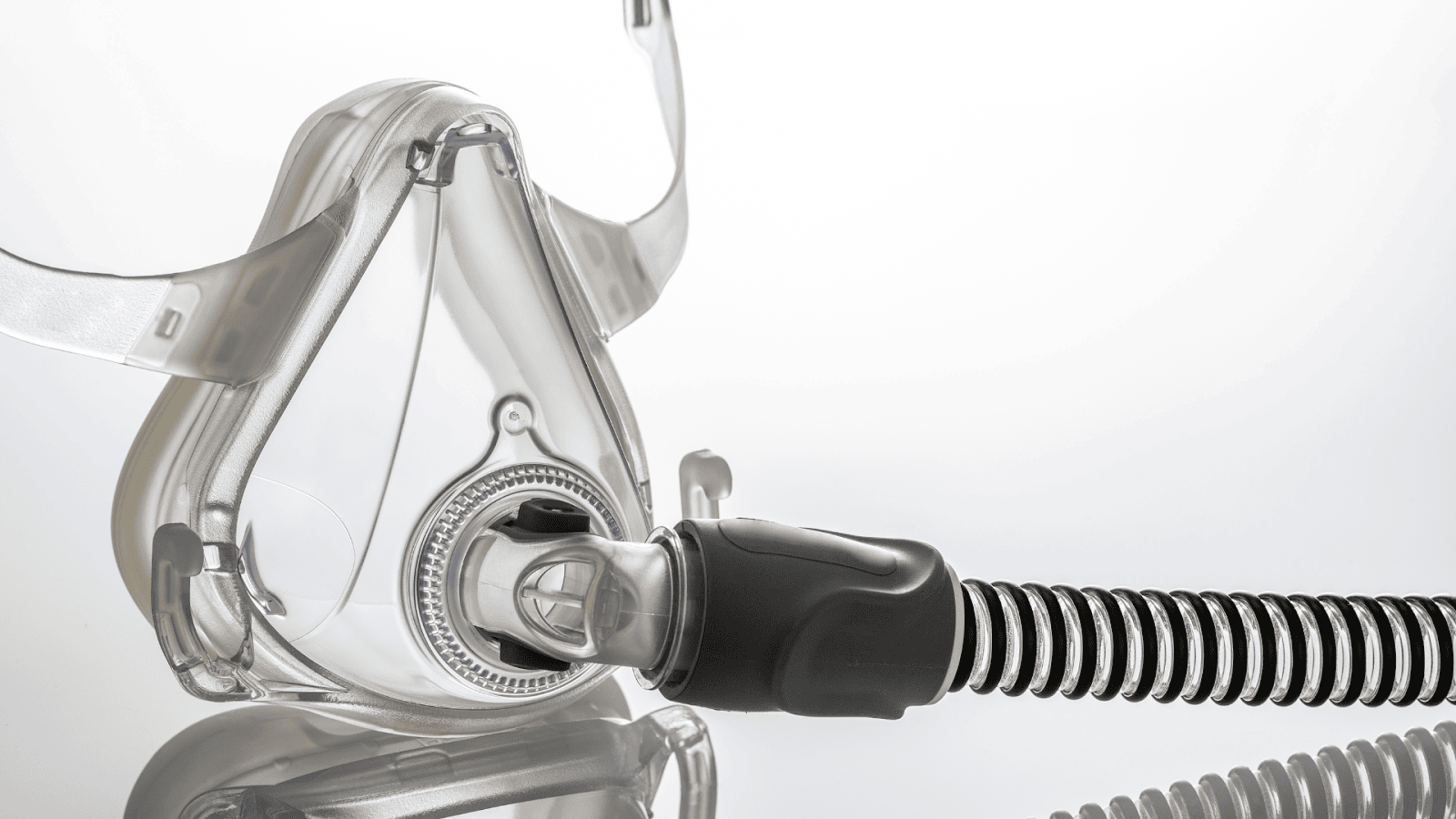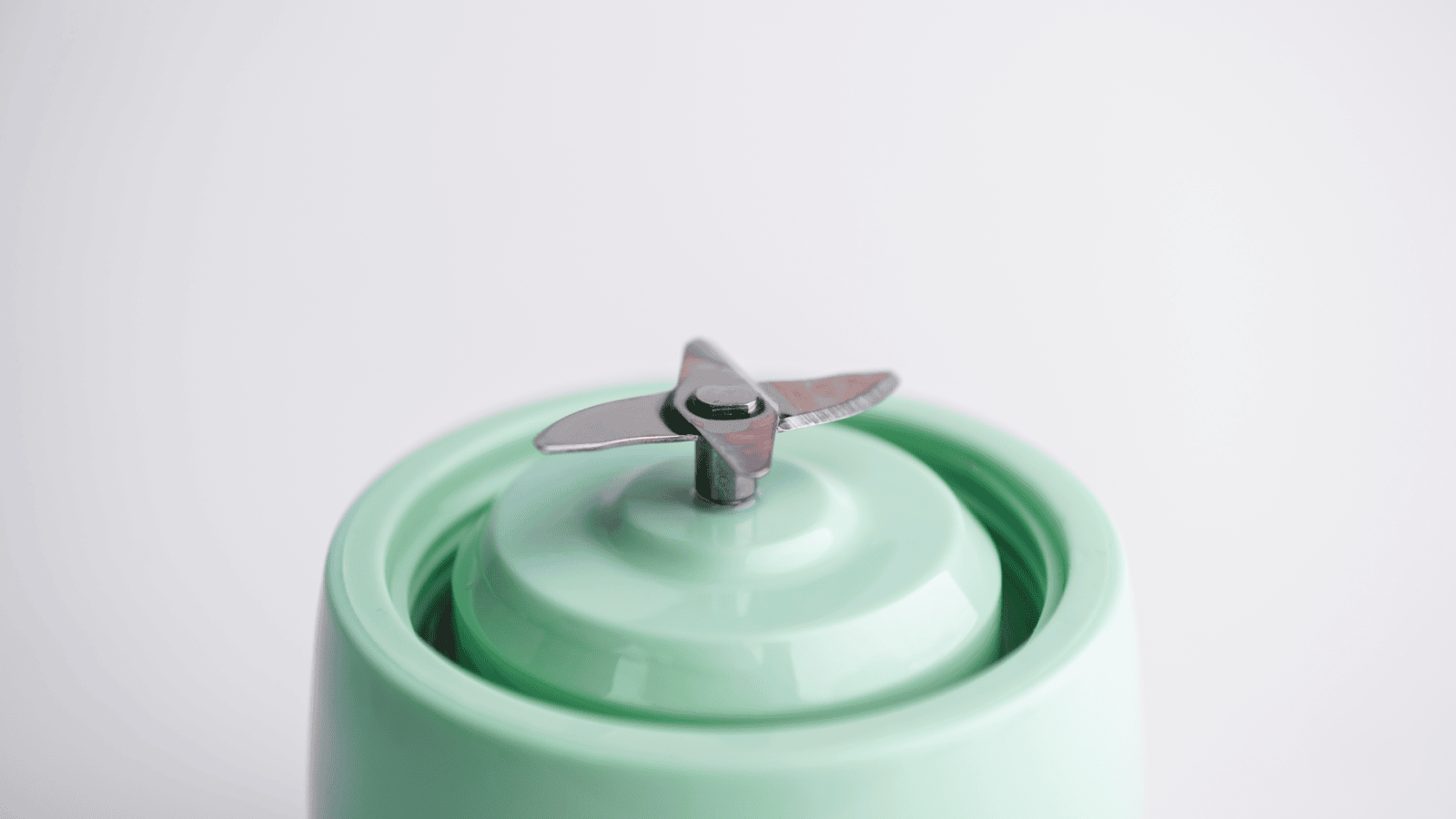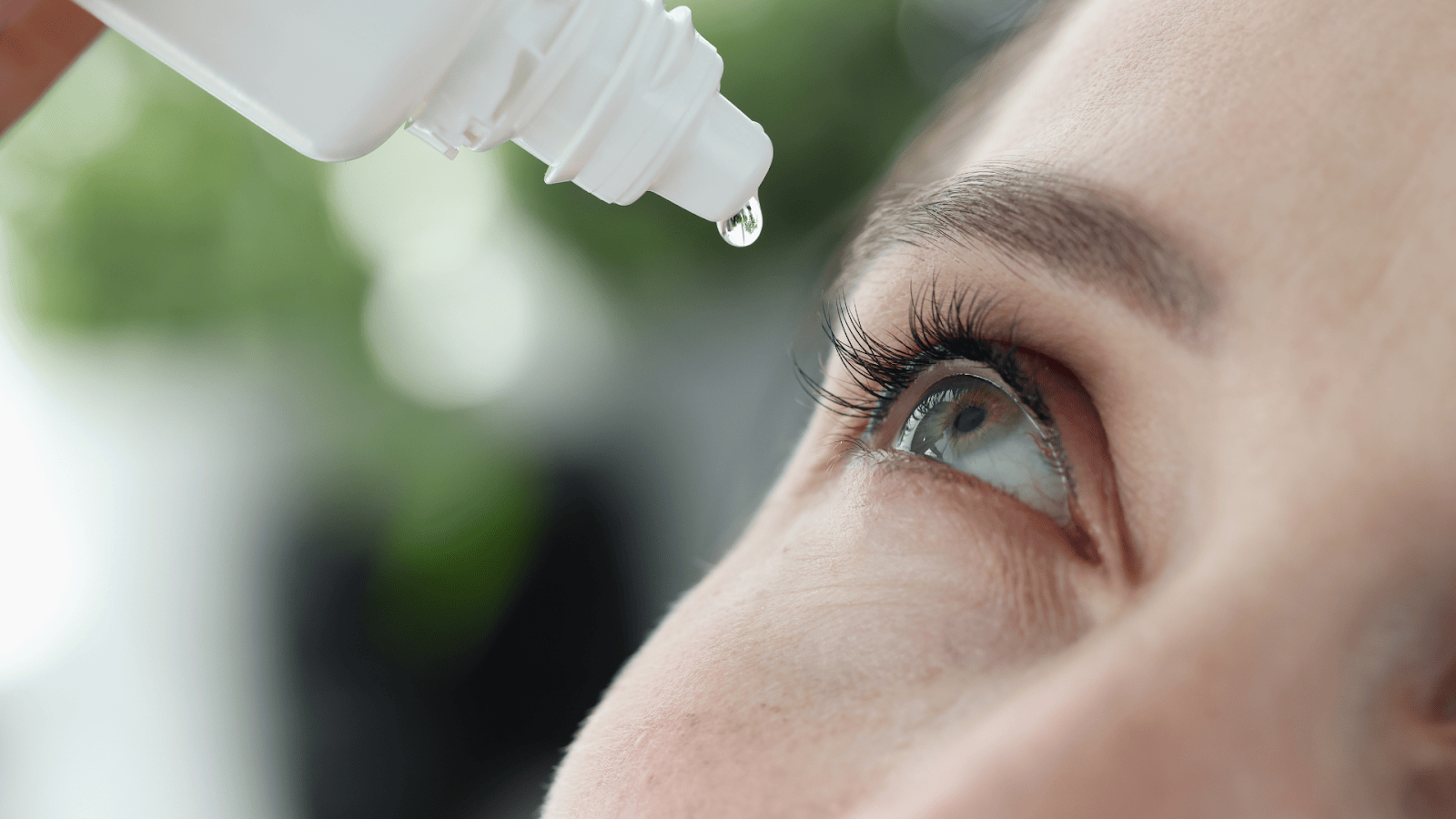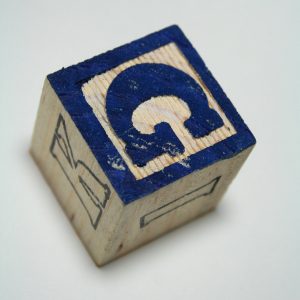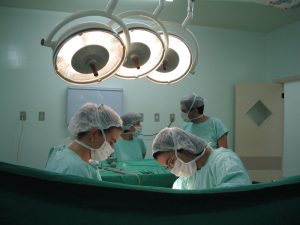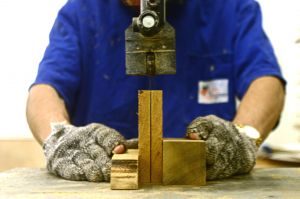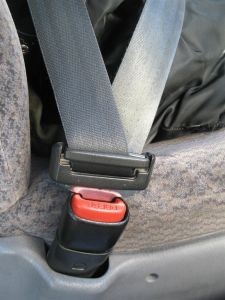In a landmark decision the Connecticut Supreme Court this week reinstated a lawsuit filed by Sandy Hook school-shooting victims against Remington, one of the nation’s largest gun manufacturers.
Families of nine victims and one survivor of the Newton, Connecticut school shooting sued Remington Outdoor Co. Inc. and other defendants, including a gun wholesaler and a local retailer, alleging wrongful marketing and unethical advertising under the Connecticut Unfair Trade Practices Act (CUTPA). In the narrow 4-3 ruling, justices dismissed a case against the defendants based on negligent entrustment.
Some are hailing the decision as a landmark victory against gun violence. Since passage of the The Protection of Lawful Commerce in Arms Act (PLCAA) (15 U.S.C. §§ 7901 through 7903,) gunmakers have enjoyed near complete immunity for liability over gun violence. With certain specific exceptions, the PLCAA immunizes firearms manufacturers, distributors, and dealers from civil liability for crimes committed by third parties using their weapons.
Our Massachusetts product liability attorneys note this claim illustrates the many ways in which a product liability lawsuit can hold manufacturers accountable. However, this particular lawsuit has a narrow, treacherous pathway to success as Remington will almost certainly appeal to the U.S. Supreme Court, which must decide whether to allow state consumer law to trump federal protections in place to protect gunmakers.
Continue reading
 Product Liability Lawyer Blog
Product Liability Lawyer Blog


